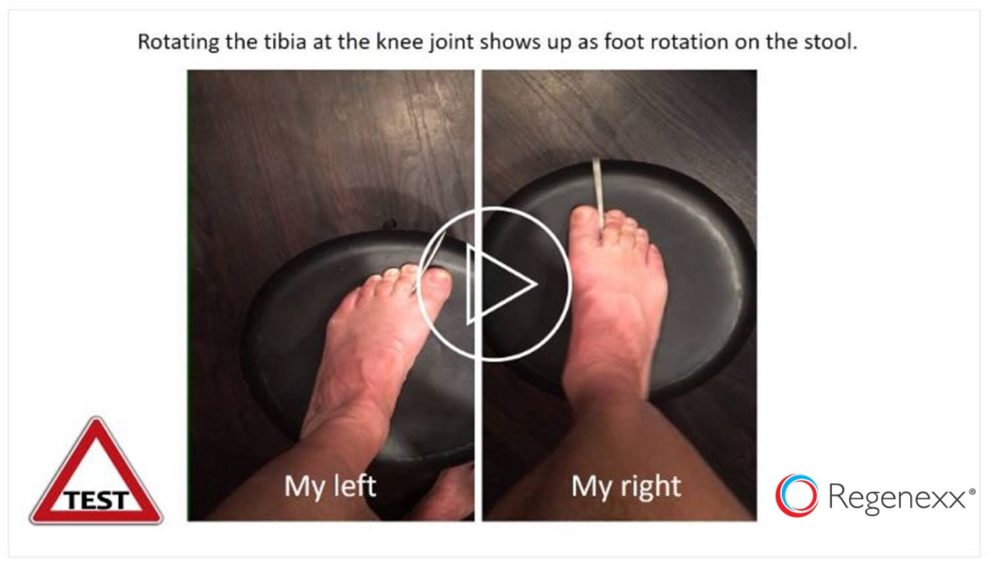*DISCLAIMER: Like all medical procedures, procedures using Regenexx lab processes have a success and failure rate. Patient reviews and testimonials on this site should not be interpreted as a statement on the effectiveness of our treatments for anyone else.
The information provided by Regenexx is for informational purposes only and is not intended or implied to be a substitute for professional medical advice, diagnosis, or treatment. Regenexx is not a teaching institution or medical practice, and does not engage in the training of physicians or the practice of medicine. Physicians listed on this website are independent contractors who have licensed certain Regenexx intellectual property. Nothing on this webpage, the Regenexx blog, any informational videos, or other marketing materials should be interpreted as endorsing a particular physician or establishing an employer-employee, partnership, or agency relationship.



